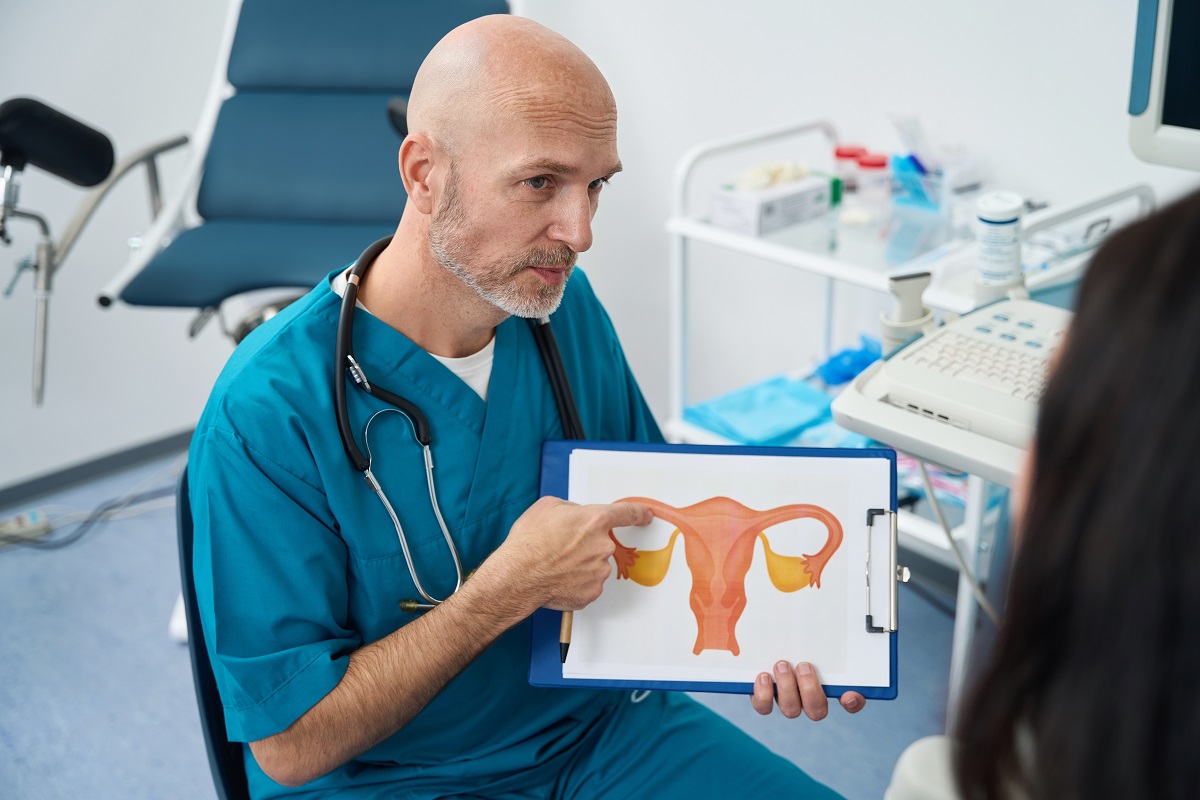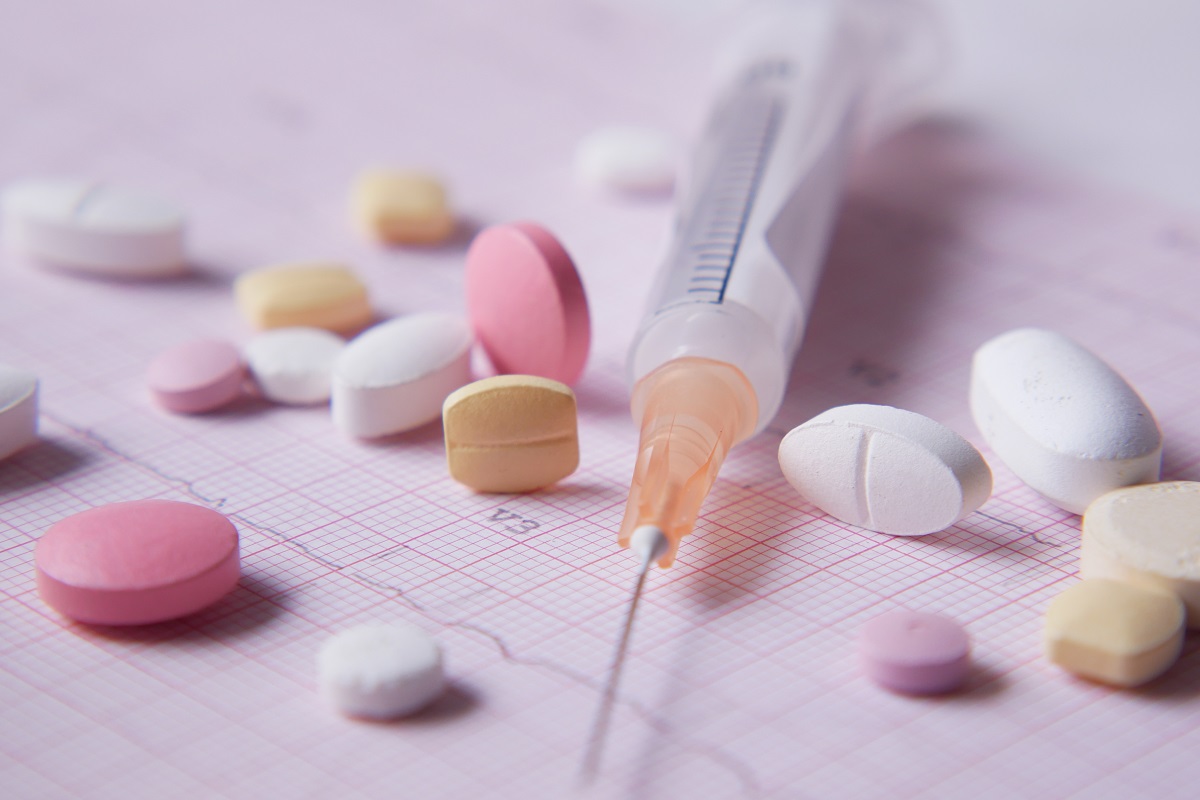This health condition happens when the ovaries no longer work normally before 40 years old. It is called Primary ovary insufficiency and it commonly leads to infertility. In other words, a person who experiences this condition has reduced Estrogen hormone and the ovaries do not release the eggs regularly. Sometimes, this condition is called premature ovarian insufficiency or premature ovarian failure.
In some cases, this condition is confused with premature menopause but they are not the same. The most common symptom of primary ovary insufficiency includes irregular or occasional periods for years. While women with primary ovary insufficiency can get pregnant, people with premature menopause do not have periods at all and cannot become pregnant.
The treatment goal is to return the Estrogen levels to normal. This also helps to prevent some low Estrogen health problems including weak bones, heart disease, and others.
Symptoms
The symptoms of this condition are similar to those of low Estrogen or menopause. Examples include:
- Anger, depression, or anxiety
- Hot flashes
- Night sweats
- Vaginal dryness
- Reduced sexual desire
- Difficulty focusing
- Trouble memory
- It becomes difficult to get pregnant
- Irregular or missed menstrual periods
If you have missed the menstrual period for more than 3 months, you should visit a doctor. Missed periods can occur due to different reasons including stress, dietary changes, exercise habits, pregnancy, and others.
Causes
- Chromosome changes – Certain thread-like structures that contain genes are called chromosomes. In normal circumstances, women and people assigned to female at birth have two X chromosomes in the cells. However, some people with primary ovary insufficiency have one regular X chromosome and one altered X chromosome which can be a symptom of a genetic disorder (such as mosaic Turner syndrome). Moreover, in some cases, people may have a fragile X chromosome that tends to break (fragile X syndrome).
- Toxins – The most common causes of toxin-induced ovarian insufficiency are chemotherapy and radiation therapy. These therapies are used to treat cancer but they damage the genetic material in the cells. Other toxins include smoking, chemicals, pesticides, and viruses.
- Autoimmune diseases – These conditions happen due to an immune system’s response to different tissues and cells in the body. In other words, the immune system attacks make protective proteins that attack its own cells by mistake. In such cases, the immune system attacks ovarian tissue, which leads to damage to the follicles and eggs. Experts do not fully understand the cause of this autoimmune disease but they think that exposure to a virus could play a role.
- Unknown factors – In most cases, the exact cause of primary ovary insufficiency is not known. Therefore, doctors call such cases an idiopathic cause and you may need to do more tests that will help to find the cause.
Risk Factors
Check below some factors that could elevate your risk of primary ovary insufficiency:
- Age – Those who are between 35-40 years old are at increased risk of this condition. However, younger people also can get it but is rare.
- Family history – The risk of getting primary ovary insufficiency increases if you have a family history of this condition.
- Ovarian surgery – You are at higher risk of developing primary ovary insufficiency if you experience a surgery that involves ovaries.
What Are The Possible Complications of Primary Ovary Insufficiency?
- Infertility – This complication occurs usually due to reduced Estrogen and egg production.
- Osteoporosis – A health condition in which the bones become weak and brittle. People who suffer from this condition are more likely to experience bone fractures. It usually occurs due to low Estrogen.
- Mental disorders – Some people may experience depression or anxiety due to this ovarian condition.
- Heart or blood vessel disease
- Dementia – This is a group of health conditions that provoke problems with memory, thinking, and social skills. You are at increased risk of developing dementia if you have removed both ovaries and do not get Estrogen therapy.
- Parkinson’s disease – A life-long disease that negatively affects the nervous system (including the spinal cord and brain). The removal of both ovaries also is associated with an increased risk of Parkinson’s disease.
Early diagnosis and proper treatment can help to prevent or avoid previous complications.
Diagnosis
Usually, doctors suspect you have primary ovary insufficiency if you have irregular menstrual periods or face difficulties with becoming pregnant. Therefore, they will perform a pelvic examination and will ask you some questions about symptoms, your menstrual cycle, exposure to toxins (including chemotherapy and others), previous ovarian surgery, and others. Moreover, you may need to do some additional tests to check for:
- Pregnancy – Sometimes, you may do some tests to check for unexpected pregnancy, especially if you have missed periods and are of childbearing age.
- Hormone levels – These include blood tests to check levels of the following hormones. Examples include follicle-stimulating hormone (FSH), a type of Estrogen (Estradiol), and Prolactin.
- Genetic testing – This test is done to determine if you have some chromosome changes. In such cases, doctors usually perform a test called karyotype analysis.
Treatment
Commonly, doctors prescribe treatments to restore Estrogen levels. Examples include:
- Estrogen therapy – This treatment option usually helps to prevent osteoporosis and lessen other low Estrogen symptoms. Physicians can also prescribe Estrogen along with Progesterone for people who still have the uterus. This combination of medicines helps to protect the lining of the uterus (endometrium).Usually, during treatment, menstrual periods return but the function of ovaries cannot be restored. This hormone therapy lasts usually until menopause occurs.
Additionally, an increased risk of heart and blood vessel disease and breast cancer occurs in older women who follow a long-term Estrogen with Progesterone treatment. Talk with your healthcare professional for more details.
- Supplements – Physicians usually recommend Calcium and vitamin D supplements to prevent osteoporosis. Before you begin to take these supplements, you may need to do an X-ray test to measure the calcium levels in the body (also known as the bone density test).Healthcare providers recommend 1,000 milligrams (mg) of calcium daily through supplements or foods for women between 19 and 50 years old. The calcium amount increases to 1,200 mg daily after 51 years old.
Frequently Asked Questions
Is it possible to become pregnant with primary ovary insufficiency?
Approximately 10% of people with primary ovary insufficiency can conceive a child without any special treatments. Fertility can improve in women with this ovarian condition with Estrogen medicines.
Can primary ovary insufficiency be cured?
Nowadays, it is not possible to reverse this condition but with proper treatment, you can reduce the symptoms and prevent complications. The most common treatment option is hormone replacement therapy (HRT).
What are the most common complications in people with primary ovary insufficiency?
If you experience any of the following complications, seek medical attention immediately. For example:
- Dementia
- Osteoporosis
- Parkinson’s disease
- Mental disorders (such as anxiety, depression, and others)
- Infertility
- Heart disease
Ask your healthcare provider if you have any other questions.




